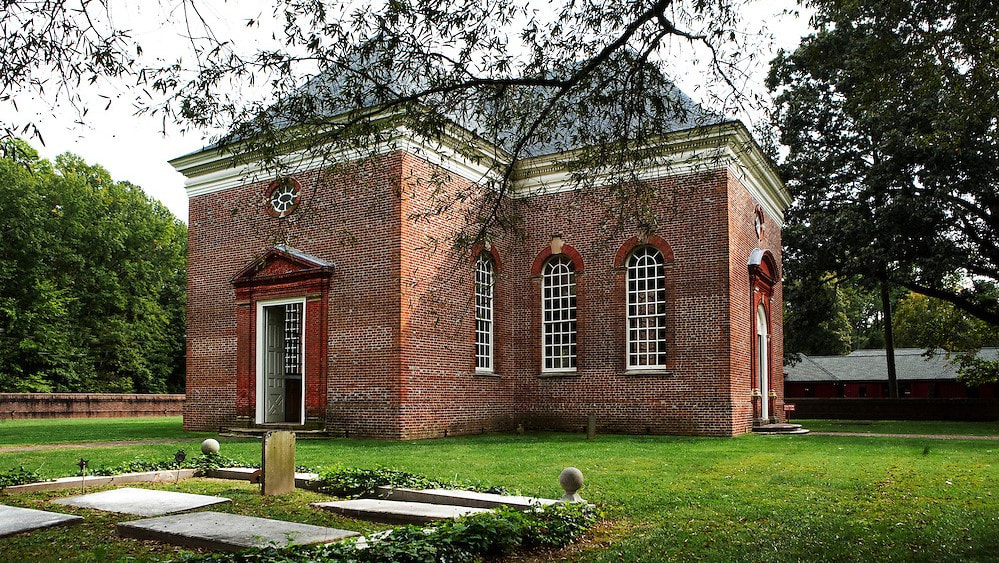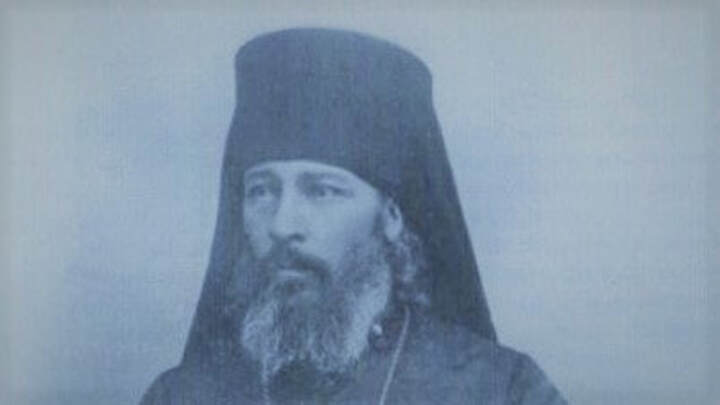|
We have perhaps imbibed a little too heavily of the libertarian likker here at the South of late, believing naively that when a need arises, ‘the market’ will spontaneously act to meet that need. This is not an ironclad law by any means. Especially when it comes to the creation and preservation of a people’s culture, strong leadership that is willing to undergo hardships and sacrifices, rather than acquiesce to the soft seductions of monetary profits and related interests, is often needed. Serbian and Southern history again intertwine to illustrate this for us. We begin with Stefan Lazarevic (+1427; also called Stefan the Tall), the son of the Great Martyr at the Battle of Kosovo Polje, Prince Lazar (+1389). Serbia had been crushed by the Muslim Turks; if decisive action were not taken, Serbia’s Christian identity itself was at risk of being lost. Thankfully for the Serbian people, the very young Stefan did not shrink back but took upon himself the difficult task of putting the shattered pieces of the Serbian ethnos back together again:
A parallel may be seen in the way Dixie had to pull herself together after falling to the Yanks in the War:
But a leader’s work does not end simply because the clash of swords has ceased. The well-being of a people is not secure without the protection and enhancement of their cultural edifice. Just as a man needs a home to dwell in, so a community of men needs a culture to live within. St Stefan’s example is helpful and very multifaceted:
We see the same activity in the older generations of the South. Robert ‘King’ Carter of colonial Virginia, and his father, John, built the famous Christ Church in the 17th century, which still stands. Nineteenth-century Louisiana produced two notable examples of cultural crafting in Francois Valcour Aimé and Charles Gayarré. Among the acts of Mr Aimé are these:
About Mr Gayarré, we find that he contributed the following:
As these and other examples show, a beautiful culture does not arise from ‘spontaneous free market forces’ any more than a beautiful, orderly cosmos arises from the random collision of individual atoms. Focused, determined leaders willing to sacrifice their fortunes and energies, confront grief and pain, and so forth are essential. But the allure of money, comfort, ‘fun’, and other such modernisms (not to mention the lies of Yankees and others about Southern culture) has dissipated the ability of Dixie’s folk to perpetuate the leadership needed to build and maintain such a culture. It is all the more imperative, then, to look back into the past – our own, as well as that of other Christian countries like Serbia – to draw inspiration and practical lessons for the difficult task of re-establishing a vibrant Christian culture in our beloved Southland. A great champion of Georgian national autonomy, Mr Ilia Chavchavadze (+1907; canonized as St Ilia the Righteous in 1987 by the Georgian Orthodox Church) identifies the three fundamental strands of a people’s cultural tapestry and then asks a pertinent question about them:
This is precisely the question we must ask ourselves as Southerners.
0 Comments
There is a towering figure in the nation of Georgia’s recent history whose life is tremendously meaningful for Dixie. Mr George Sadzaglishvili (1855-1918; after receiving the monastic tonsure, he was given the new name Kirion) was the son of a Georgian priest. After his schooling he was active in educational and Church circles, but his most intense interest early in life seemed to be uncovering and preserving the history and folklore of the Georgian people:
The South has figures like Bishop Kirion who have worked tirelessly to reveal and strengthen Southern culture: Frank Owsley, Mel Bradford, Richard Weaver, Cleanth Brooks, Donald Davidson, and others. This connection makes what Bishop Kirion accomplished for Georgian independence all the more relevant for us here in Dixie. Having along with others demonstrated the uniqueness of the Georgian culture, and her freedom in the past in governing her religious life, Bishop Kirion made a bold declaration to restore Georgia’s ancient prerogatives. But his actions resulted in a bitter defeat:
Like the South, Georgia’s first attempt at restoring her old freedoms was repulsed quite harshly. But that did not stop Bishop Kirion and his allies, nor should it stop the South. And their persistence, with God’s help, would eventually bring about the desired end:
The address of Bishop Kirion at his enthronement as Patriarch has the ring of Southern tenderness to it:
The significance of Georgia regaining her religious independence now becomes manifest: It was the step that made political independence possible –
Religious separation of Southern Christians from their Northern cousins (the formation of the Southern Baptists, Southern Methodists, etc.) likewise preceded the first political Southern secession. And yet, for all the joy in Georgia over her newly regained freedom, dark times loomed just beyond the horizon, brought about by the same sort of communist revolutionaries with whom the Southern people are now squaring off against:
Dixie must likewise be ready to face deadly threats of this kind, if God willing, we also regain a measure of independence. Nevertheless, the story of Patriarch Kirion and Georgia has a happy ending. After the fall of the Soviet Union, Georgian religious and political independence was recovered once again, and
If the South would achieve what Georgia has, the steps to doing so are given to us in the foregoing: -First is the recovery of Dixie’s cultural patrimony and its reintegration into our lives to the extent possible. Those we mentioned above – Owsley, Weaver, et al. – have done much of the hard work in this field for us. -Second is the establishment of a unified Church in the South, unique in some way (or ways) that sets it apart from congregations in the sister States. For this we will need figures like Rev James Henley Thornwell, Sts Kirion and Ilya, and others of their kind. But they will only appear after we have climbed the first step. -With those two accomplished, the ground will then be quite ready for the third and final step, political independence. The accomplishment of all three would be pleasant indeed, but there is a hierarchy of value at work here. Of the three goals, the first two are far more valuable than the third, and the second the most valuable of all (‘What can a man give in exchange for his soul?’, asks the Lord Jesus). If we can obtain the first two but not the third, let us rejoice in that. But the Lover of mankind also says that if we ask, we shall receive. What the gift will look like in the end, we do not know; only let us not grow weary in asking that we, like Georgia, may attain all three goals from the hand of the Merciful God, Who is well able to grant the boon, as we prepare ourselves for the work that we must undertake in cooperation with Him in this great endeavor. Note: All quotations are taken from this source:
https://www.oca.org/saints/lives/2022/06/27/205447-hieromartyr-kirion-ii-catholicos-patriarch-of-all-georgia |
AuthorWalt Garlington is a chemical engineer turned writer (and, when able, a planter). He makes his home in Louisiana and is editor of the 'Confiteri: A Southern Perspective' web site. Archives
July 2024
|


